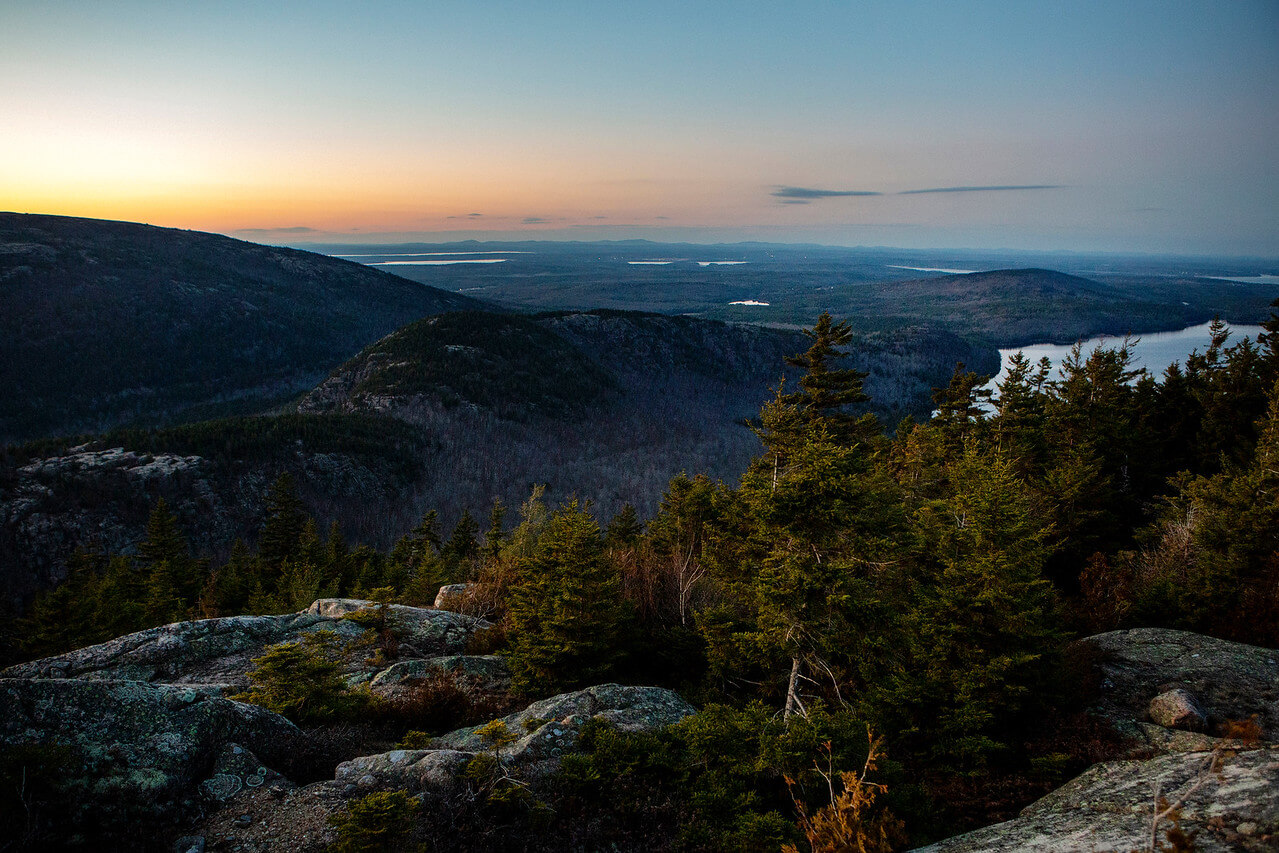Join us to Make a Difference for Acadia
Friends of Acadia is a dedicated voice for Acadia National Park and a leader among friends’ groups nationwide in effective and appropriate advocacy practices.
Friends of Acadia is a dedicated voice for Acadia National Park and a leader among friends’ groups nationwide in effective and appropriate advocacy practices.

Acadia National Park belongs to the American people—to all of us. We believe it is our job, and our right, to remind lawmakers of their responsibility to care for the park, and Acadia’s importance to our national and local economy, to our quality of life, and to the legacy we leave our children.
Friends of Acadia is a dedicated voice for Acadia and a leader among friends’ groups nationwide in effective and appropriate advocacy practices. We support initiatives that will strengthen federal appropriations for Acadia and surrounding communities, and we fight threats to the park at the local, state, and federal levels.
Friends of Acadia carefully weighs each issue to determine whether it matches the fundamental statements that guide our advocacy work.
Much of what we accomplish is through partnership with other organizations. We participate in several national coalitions that discuss and develop action plans on federal issues. These coalitions broaden Friends of Acadia’s knowledge and reach on Capitol Hill. We also strive to keep our members informed of opportunities to act on issues of interest.
Friends of Acadia’s monthly e-news is the best way to stay abreast of opportunities to make comment or provide testimony, and we may send special editions about topics of interest.
The National Park Service, in coordination with the five federally recognized tribes of Maine, referred collectively as the Wabanaki, aims to establish agreements for the gathering of plants and plant parts at Acadia National Park.
The proposed co-stewardship initiatives are significant given the deep-rooted association of the Wabanaki with the lands and waters designated as Acadia National Park. The proposed arrangements aim to preserve park resources, integrate Indigenous wisdom into decision-making processes, and expand collaborative relationships with tribal communities.
Friends of Acadia applauds the National Park Service, and Acadia National Park in particular, for its commitment to co-stewardship with the five federally recognized tribes of Maine. Friends of Acadia strongly supports implementation of the preferred alternative (alternative B) examined as part of the Plant Gathering for Traditional Purposes Environmental Assessment, which would facilitate formal agreements between the tribes and the National Park Service, enabling traditional harvesting of sweetgrass in designated park areas. We look forward to continuing our collaboration with park officials and partners as these co-stewardship relationships are formalized.
The Great American Outdoors Act, passed by Congress in 2020, is the single largest investment in public lands in U.S. history. It directs up to $1.9 billion each year for five years into the National Parks and Public Land Legacy Restoration Fund to address the backlog of infrastructure repair and maintenance projects in our public lands, and it also invests in Bureau of Indian Education-funded schools.
Acadia National Park has benefited from this funding, but Acadia’s needs – and the needs of all of our national parks – extend beyond the Act’s five-year timeframe.
Friends of Acadia enhances these funds through contributions from our endowments and donor-designated funds to preserve Acadia’s trails and carriage roads, maintain historic buildings and prepare for the effects of climate change. But it will take a continued and increased public-private partnership for years to come.
Read the full op-ed from Friends of Acadia CEO and President Eric Stiles, featured in the Portland Press Herald: Acadia celebrates a landmark investment in the great outdoors
Friends of Acadia was among several stakeholders around Frenchman Bay defending Acadia against industrial-scale aquaculture by advocated against a proposal by American Aquafarms to lease two 60-acre sites for salmon farms near Bald Rock and Long Porcupine Island. Each lease site would have included fifteen pens (147-foot in diameter each) and a feed/generator barge. We believe the nationally significant gift of Acadia National Park would be tarnished if American Aquafarms’ salmon farms was permitted.
UPDATE: American Aquafarms drops lawsuit against Maine over failed salmon farm application. But the Norwegian-funded company isn’t giving up, and hopes to open talks with the state about a new proposal.